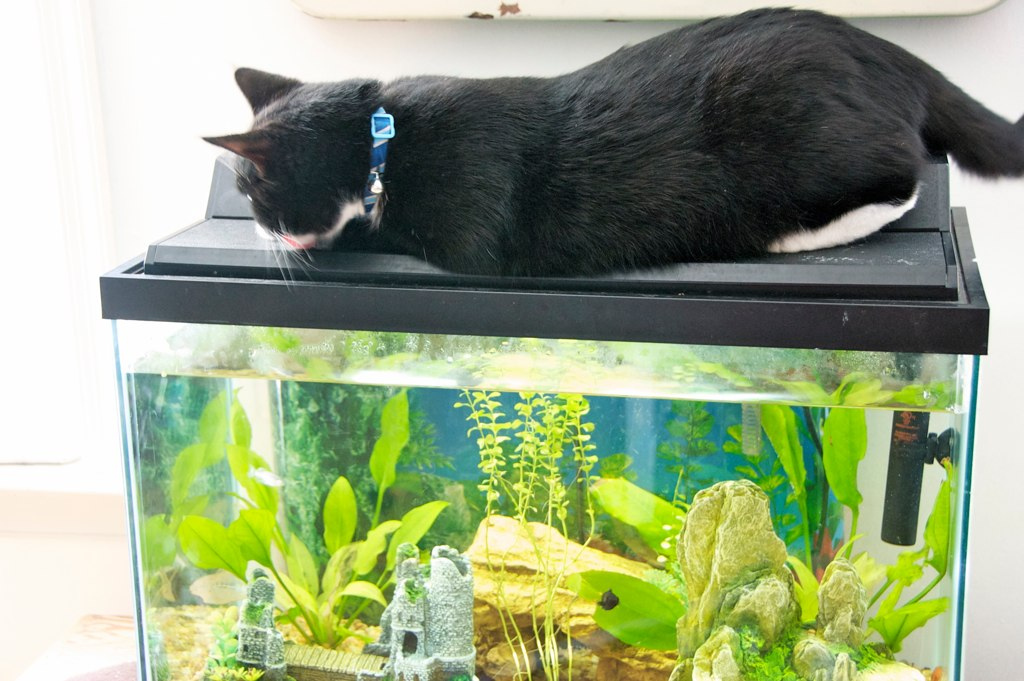Nestle Says There’s No Place For Forced Labor In Cat Food Supply Chain
In an e-mail to the Associated Press, the company didn’t deny the allegations, but did explain that its suppliers are supposed to respect human rights, and the company has worked to eliminate all forced labor from its global supply chain.
The initial class action complaint points out that while cans of Fancy Feast do say that the fish comes from Thailand, it does not specify “Made in Thailand out of fish that may have been caught by men and boys trafficked from poorer neighboring countries and forced to work punishing hours while motivated by fear.” Cat food cans are small, so the print would have to be very tiny.
While the class actions are federal, they only accuse the companies that have allegedly benefited from slave labor of breaking the law in California, a state with strong consumer protection laws without equivalents in other states.
Nestle: Forced labor has no place in our food supply chain [AP]
Want more consumer news? Visit our parent organization, Consumer Reports, for the latest on scams, recalls, and other consumer issues.


